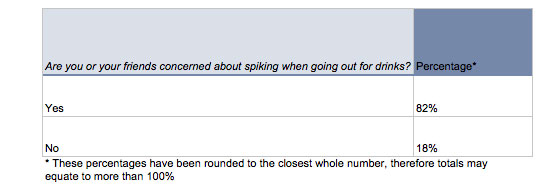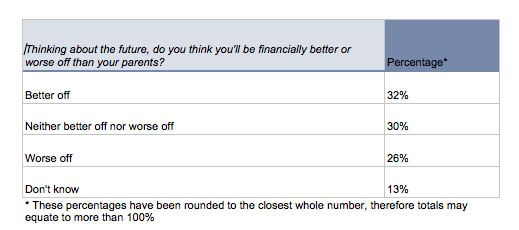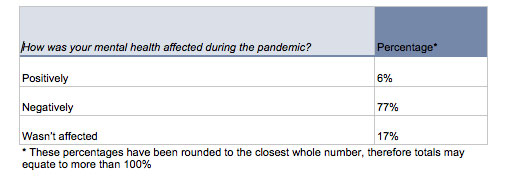One-in-six Students Have Had Their Drink Spiked, According to Stint Survey
The third edition of Stint’s The Student Sentiment Tracker, a survey of more than 1,000 students across the UK, has revealed the shocking reality of drink spiking, and calls on operators to do more to prevent it from happening.
The previous edition of the survey, carried out in December, at what many felt was the peak of the ‘spiking epidemic’, found that close to two-thirds of students had boycotted nightclubs due to spiking in the past, and 80% said they were worried about spiking, or knew somebody who was. The latest piece of research suggests that despite a decline in media attention, spiking concerns are still rife amongst the student population.
In alarming findings, almost one in six students (16%) say they have been spiked at a nightlife venue, which roughly equates to 425,000 students across the UK1. Worries over spiking have also remained high, with 82% of students reporting that they were concerned about spiking when going out for drinks with friends, and a massive 86% of students of the opinion that venues are not doing enough to reduce the risk of spiking.

Concerns over long-term job prospects
As well as increased concerns over safety, results from the tracker also show that student confidence in getting a job after graduating has fallen since the end of last year. The survey reveals that only 46% of students feel optimistic about their post-university job prospects. These concerning findings mark a sharp decline since the release of the previous tracker in December, where 55% of students reported feeling confident about finding a job after university.
No long-term confidence in financial prospects
This pessimism over prospects is also reflected in how students view their earning potential. When asked if they believe they will be financially better off than their parents, only 32% agreed, compared with 44% in our last survey in December. This could be reflective of the struggles that students are currently facing, having been heavily impacted by the cost-of-living crisis whilst also facing anxiety over the freezing of the student finance repayment threshold in April2, coupled with long-standing concerns about difficulties getting onto the property ladder.
Mental health suffers as a result
With concerns surrounding job prospects, finances and safety, and the wider context of the global economic climate and war in Europe, it is perhaps no surprise that anxiety levels of many students are worryingly high. Stint’s survey reveals that the mental health of more than three quarters of students (77%) was adversely affected during the pandemic, and only 31% of students think that their university offers adequate mental health support.
In a response which should act as a wake-up call to many universities in the UK, 34% of students said that, based on their university experience to date, they would choose to go to a different university if they were applying again.
Commenting on the findings of The Student Sentiment Tracker, Sam Schlagman, CEO of Stint, said:
“The pandemic robbed students of a typical university experience, as well as opportunities for internships and work experience, so it’s not surprising to see that students are worried about their job prospects.
However, we’ve also seen students’ resilience over the last two years. They’ve found different ways to stand out in a competitive jobs market, like using Stint to develop essential transferable skills. Stint is a way for them to build work experience – with no CV or prior experience required – and work in a range of fast-moving environments, while earning the extra income they need to make most out of what’s left of their student lives.
“Hospitality is a great sector to gain all sorts of life and work experiences, and we’re proud to be able to help more than 125,000 students access these roles and prepare themselves for life after university.”


